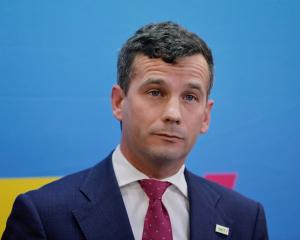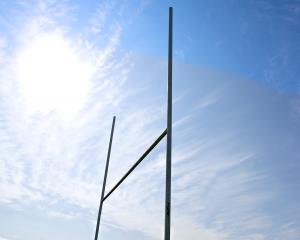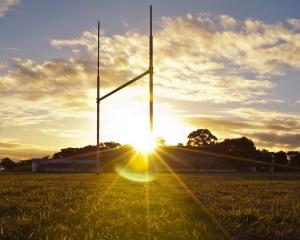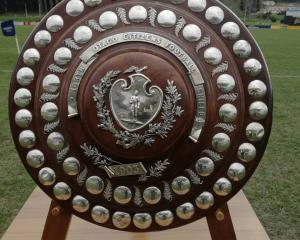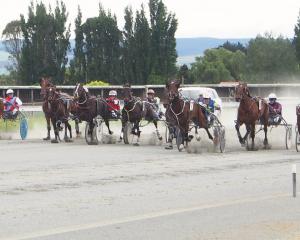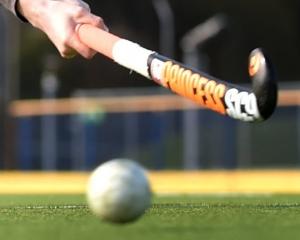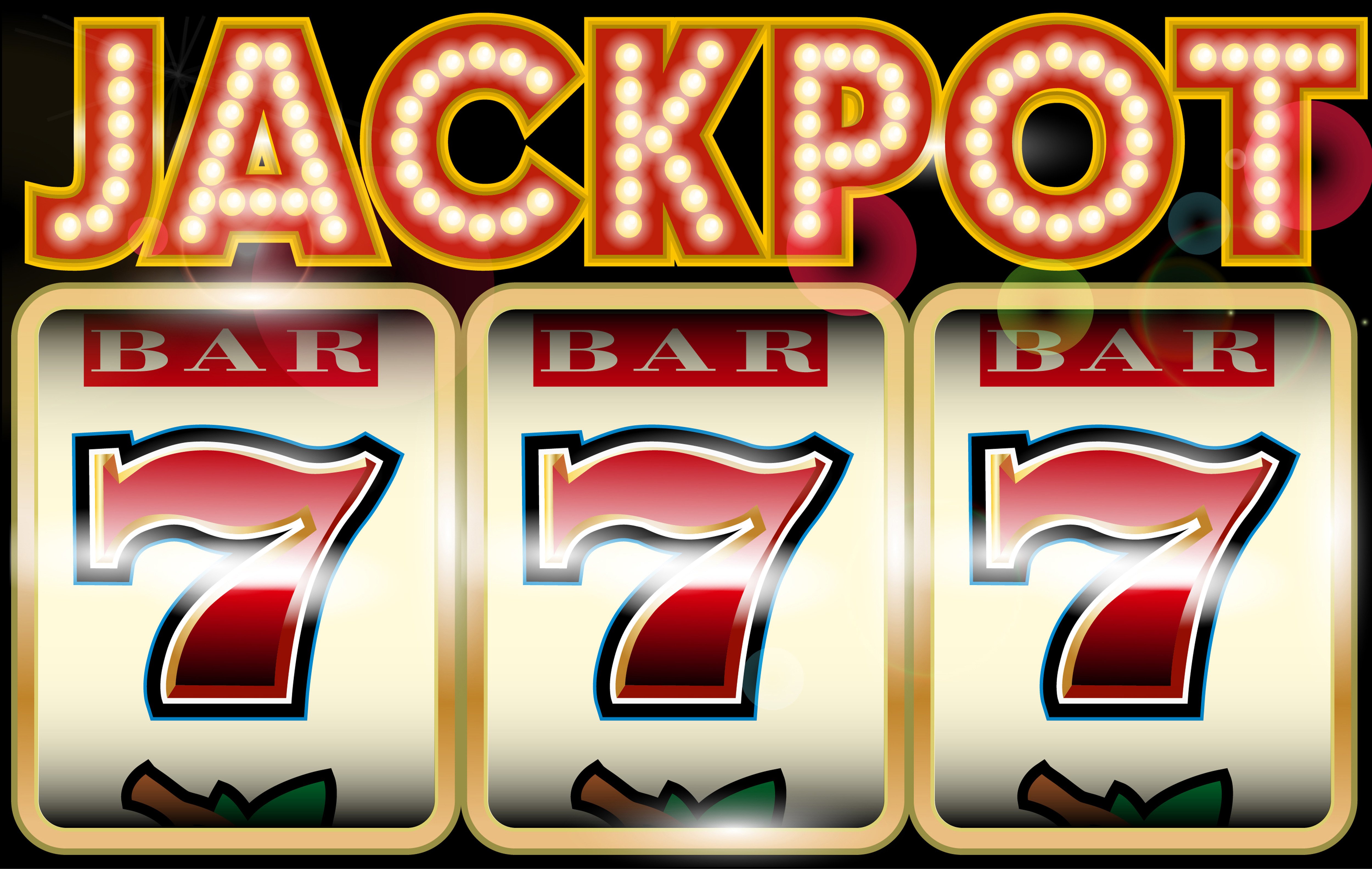
Does the district have two problem gamblers or five, eight, 11 or an "invisible" number?
A committee of the district council was hearing public submissions on its Class 4 Gambling and TAB Venue Policy 2024.
The hearing committee consisted of chairwoman Cr Melissa White and Crs Craig Ferguson and Niki Gladding.
Class 4 gambling refers to gaming machines in pubs and clubs of which the Queenstown district has six venues.
The council proposes to reduce some of the administration for operators and the amount of public consultation but is not looking to cap the number of machines or install a "sinking lid" policy — where once a class 4 venue closes, the council will not issue any other society a licence to replace it.
After hearing from Public Health South health promotion adviser Monica Theriault on the harm created by problem gambling, discussion turned to how the committee could gauge the extent of the problem.
Ms Theriault provided national and international data but none from the district.
Gaming Machine Association of New Zealand representative Jarrod True
said the Ministry of Health website showed there were two new problem gamblers in the district last year, compared with Porirua’s 59.
The website shows in the district there were 11 "clients" assisted in the July 2022-June 2023 year and five "new clients".
Porirua had a total of 487 clients assisted including 430 new clients.
Excluding "brief interventions", Queenstown Lakes District had eight clients assisted including two new.
Ms Theriault said these were "clinical" presentations only, and Cr Gladding pointed out the detrimental effects of problem gambling could well be more widespread than indicated.
Ms Theriault said the effects were "often invisible".
Gambling was a "well-recognised neglected" public health issue, she said.
"For every person with problems related to gambling, an estimated five to 10 people are adversely affected."
Ms Theriault said Maori and Pacific people were more likely to be harmed by gambling.
She argued the draft policy did not achieve the council’s own health and wellbeing objectives.
Mr True believed there was no need for the council to set limits on gaming machines, noting it was online gambling that was going "gangbusters".
The committee excluded the public prior to discussions with council lawyer Mary Davenport.




